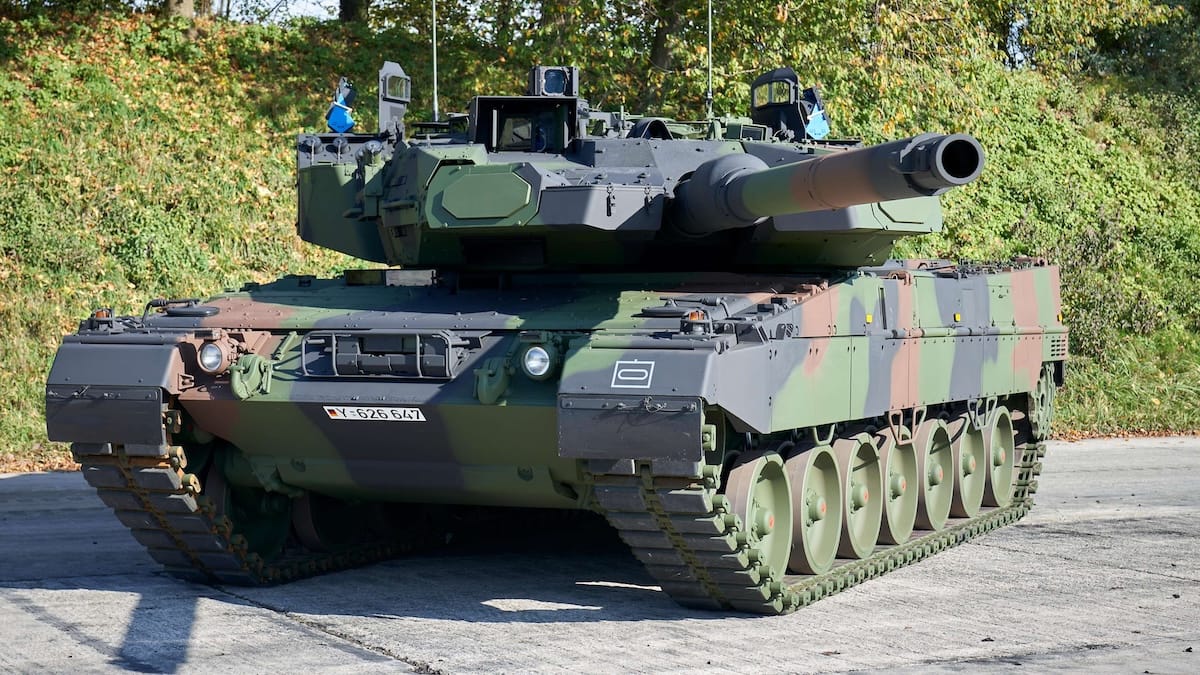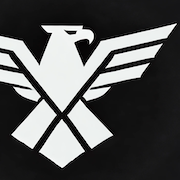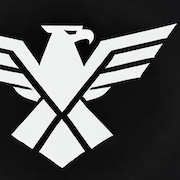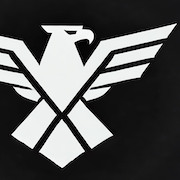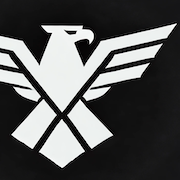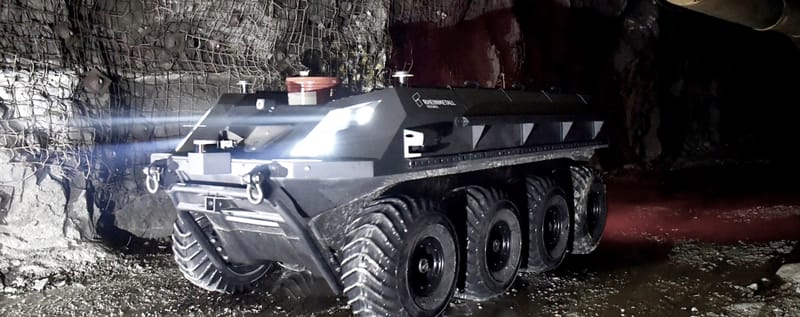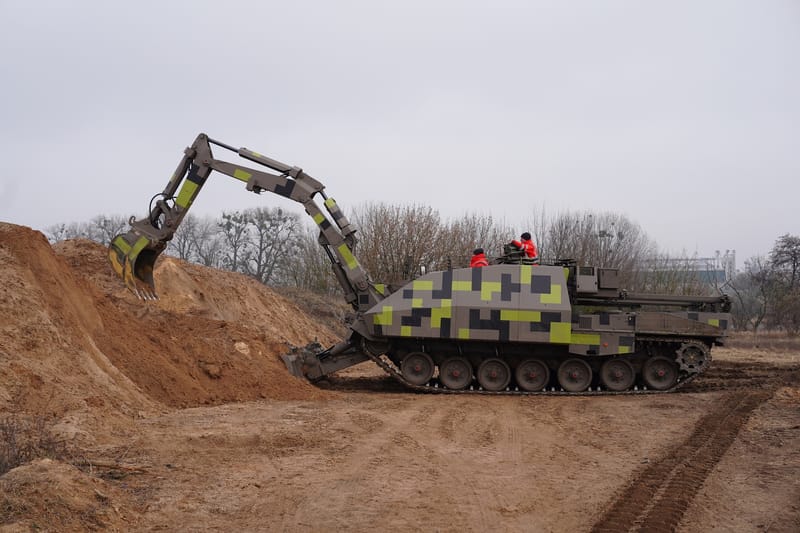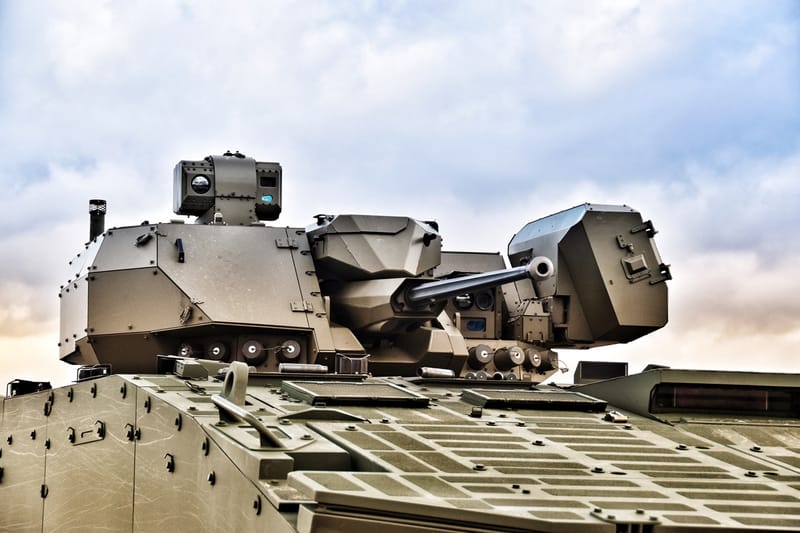MGCS GmbH: The Franco-German Company Building Europe’s Next Main Battle Tank
MGCS GmbH marks the formal start of a Franco-German defense initiative to replace Leopard 2 and Leclerc tanks by 2040—with KNDS, Rheinmetall, and Thales now sharing the lead.
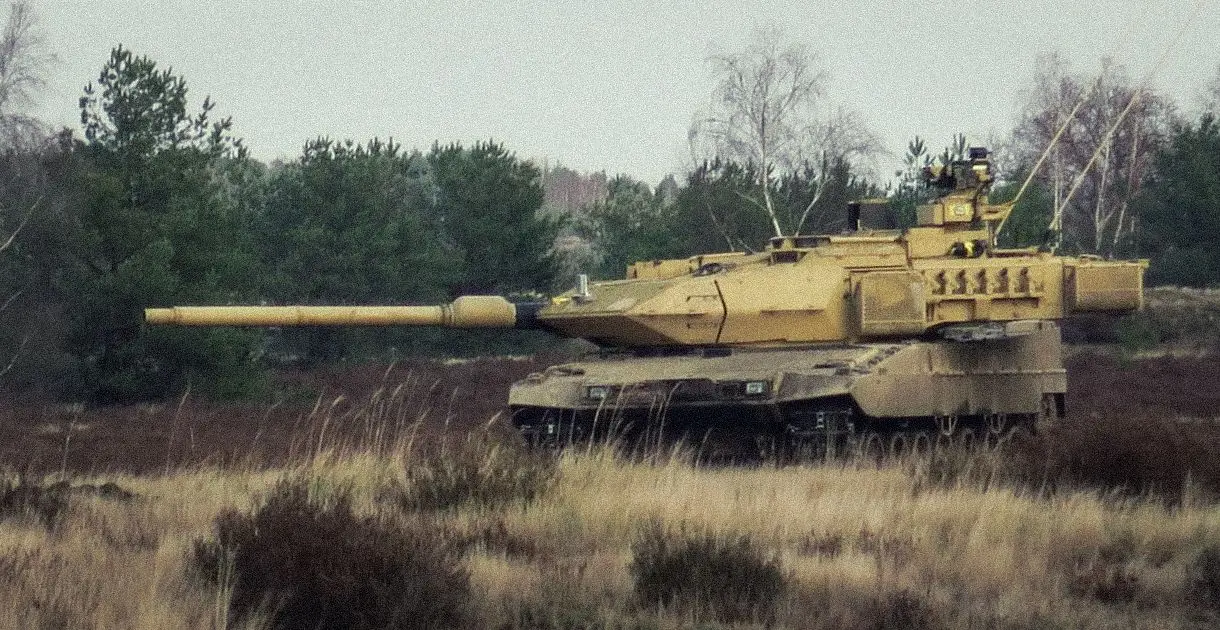

Backed by a €23.5B industrial base, MGCS marks a critical test for European defense integration, with Germany’s BAAINBw and France’s DGA jointly governing development via a Combined Project Team. KNDS leads with deep MBT experience, Rheinmetall brings turret and propulsion technologies, and Thales integrates C4ISR and digital systems.
Cologne Becomes Centerpiece of Europe’s Future Main Battle Tank Program
Cologne now hosts more than Bundeswehr logistics. It is the legal seat of Europe’s most ambitious next-generation land warfare initiative—the Main Ground Combat System (MGCS).
On 10 April 2025, the MGCS Project Company GmbH (MGCS Projektgesellschaft mbH) was officially established in Cologne by KNDS Deutschland, KNDS France, Rheinmetall Landsysteme, and Thales. With approval from Germany’s Federal Cartel Office, this legal incorporation marks a transition from joint statements and MoUs to a structured, operational phase.
The newly formed GmbH will be led by Stefan Gramolla, a trained engineer, economist, and general staff colonel in the German Army Reserve. He now oversees Europe’s leading effort to develop a future main battle tank platform for NATO and EU partners.

What Is the Main Ground Combat System (MGCS)?
The Main Ground Combat System (MGCS) is a Franco-German defense initiative to replace Germany’s Leopard 2 and France’s Leclerc main battle tanks by 2040. Unlike traditional armored platforms, MGCS is being developed as a digitally networked system-of-systems, integrating manned and unmanned vehicles across a shared combat cloud.
Designed for future operational dominance, MGCS will combine next-generation firepower, AI-driven coordination, modular adaptability, and advanced defensive systems—positioning it as NATO’s most ambitious land combat program to date.
Key Features
- 130mm or 140mm Main Gun – Delivering superior firepower over current MBTs
- AI Integration – Enabling threat detection, decision support, and human-machine teaming
- Active Protection Systems – Defending against drones and modern anti-tank weapons
- Modular Architecture – Supporting mission-specific configuration and scalable upgrades
MGCS: A Platform With a Flag in Each Pocket
MGCS is more than a tank—it is a distributed, modular ground combat system intended to replace Leopard 2 and Leclerc MBTs by 2040. The MGCS GmbH consolidates the concept phase and defines the technological pillars of the program, which is governed by a 50/50 Franco-German industrial share. Each founding company holds a 25% stake.
Leopard 2 A7 Main Battle Tank; Credits: KNDS
The Combined Project Team (CPT)—long theorized—is now operational, with France’s DGA and Germany’s BAAINBw jointly steering the development roadmap. This marks the first time a binational prime contractor is embedded within a formalized European procurement model.
KNDS: The Core Industrial Axis
The central industrial force behind MGCS is KNDS, the Franco-German joint venture formed by Krauss-Maffei Wegmann (KMW) and Nexter Systems. Each parent firm holds 50% of KNDS, preserving parity in this strategic partnership.
KNDS holds a 50% effective stake in MGCS GmbH, drawing on its shared legacy of Leopard and Leclerc tanks. The company’s €23.5 billion backlog spans MBTs, artillery, and support vehicles—an unmatched platform for leading next-generation land systems integration.
Recent KNDS initiatives include:
- Export contracts for Leopard 2A8 tanks to Sweden and Lithuania
- The industrial repurposing of Alstom’s Görlitz facility
- The pending acquisition of Texelis’ defense division, reinforcing mobility and drivetrain capabilities
Featured reporting on Großwald: In March 2025, Lithuania finalized a €950 million contract for 44 Leopard 2A8 tanks from KNDS Germany. This procurement supports Lithuania’s first modern tank brigade, co-located with a German Army brigade deployment slated for 2027—strengthening NATO’s eastern flank near Belarus.
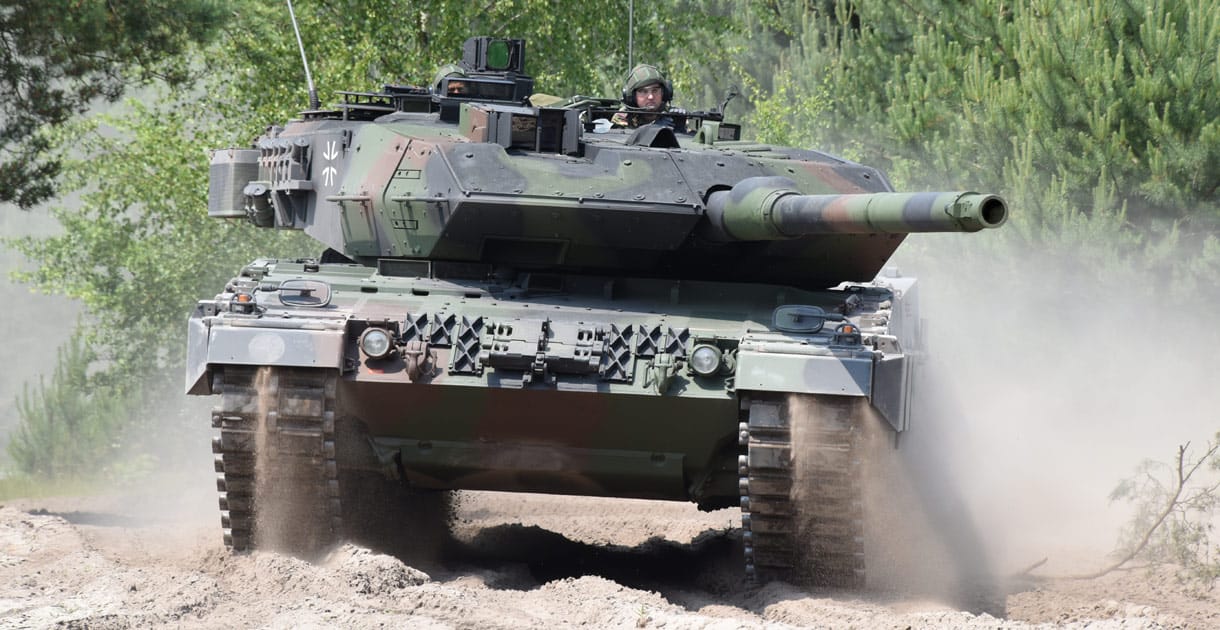
Rheinmetall: From Tensions to Equal Stake
Rheinmetall’s path to inclusion was fraught with friction. In 2023, workshare disputes nearly derailed its involvement. Its current 25% equity stake represents a politically brokered compromise and reaffirms its importance in Germany’s defense-industrial complex.
As the country’s top land systems player, Rheinmetall brings:
- Turret and armor technology
- Advanced propulsion systems
- Ammunition development and lifecycle support
Its expertise in integrating complex combat systems ensures that MGCS can transition from policy framework to engineering reality. Its role remains pivotal as MGCS evolves from governance to engineering.
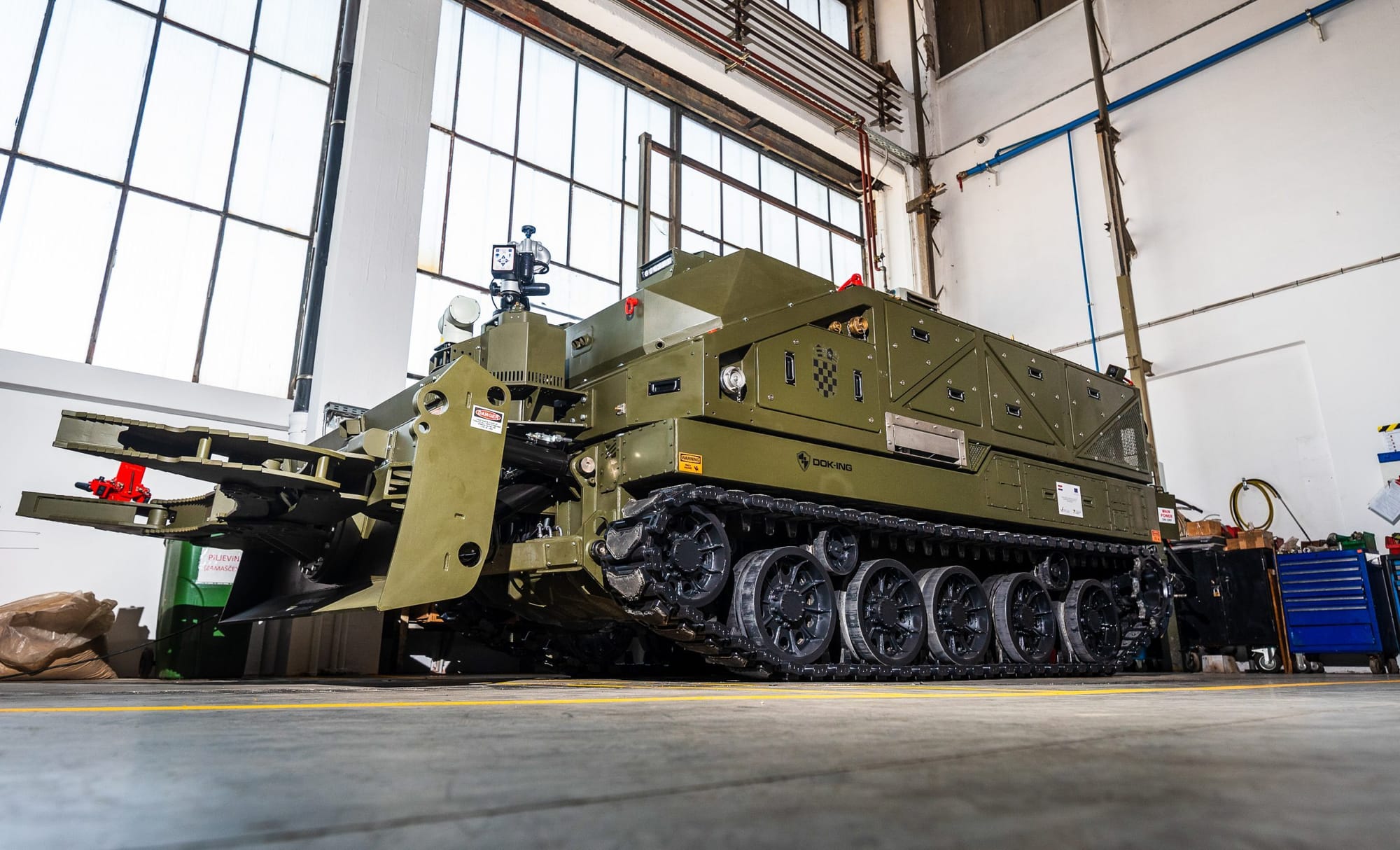
Thales: System Convergence and Electronic Warfare Edge
Thales, less visible in tank-related narratives, plays a vital role in MGCS as the prime integrator of sensors, C4ISR, and cybersecurity systems. It represents France’s strategic interest in merging kinetic and digital dominance.
In Thales' Q1 2025 communications, MGCS was positioned as a flagship use case for:
- AI-enabled sensing
- Digital battlefield integration
- Cross-platform situational awareness
Thales’ participation ensures MGCS is more than steel—it’s a networked combat architecture.
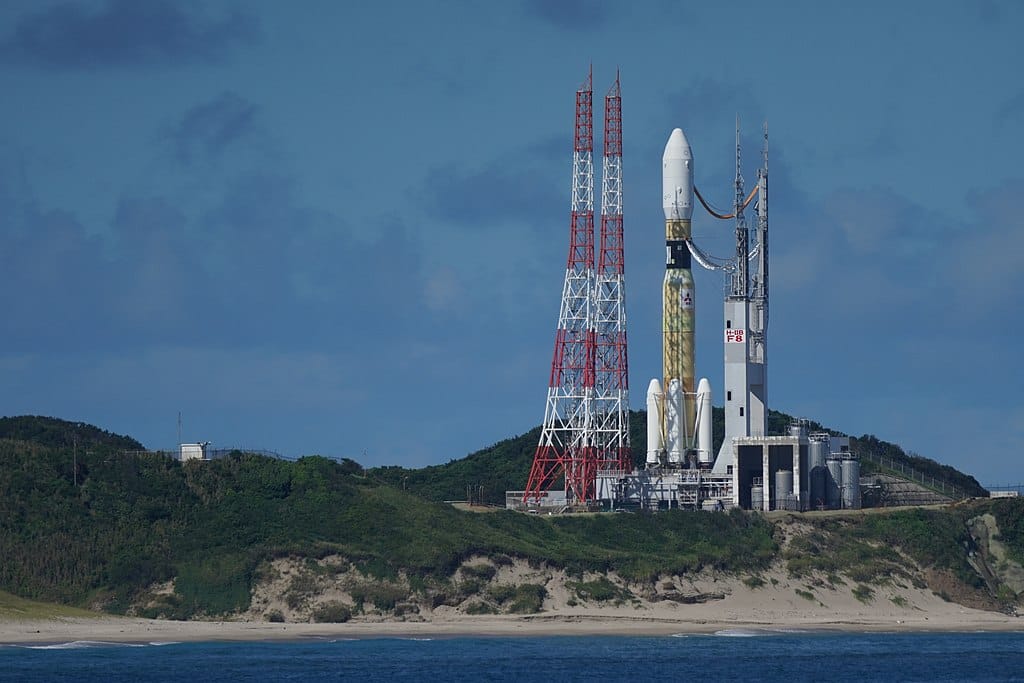
Cologne as Industrial Anchor
Cologne’s selection as MGCS GmbH headquarters is geographically and symbolically significant. Positioned within Germany’s defense-industrial corridor, it is:
- Near Koblenz (home of BAAINBw)
- Close to KNDS and Rheinmetall production centers
- Logistically central for Franco-German coordination
The location reinforces Germany’s industrial gravity, even in a binational construct.
The 2040 Mirage? Timelines Under Pressure
Officially, MGCS aims to replace Leopard and Leclerc MBTs by 2040. Yet with geopolitical shocks, procurement realignments, and rising global defense budgets, this date is both a goalpost and a gamble.
MGCS GmbH must now deliver on three fronts:
- Technological Credibility – Delivering a NATO-relevant, multi-domain MBT platform
- Industrial Integration – Merging differing engineering cultures across three firms
- Symbolic Utility – Proving that European defense cooperation yields capability, not just consensus
Reading the Formation: Legal Shell, Strategic Signal
MGCS GmbH is not a routine corporate entity. It is a geopolitical container, codified in law, within which a European vision for land warfare will either take shape—or collapse under institutional weight.
For now, the shell is intact. But it now holds the burden of operational credibility, fiscal realism, and political momentum.
Großwald will monitor how well it holds.
